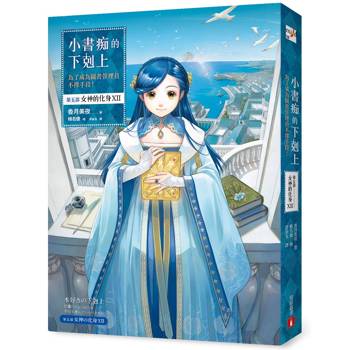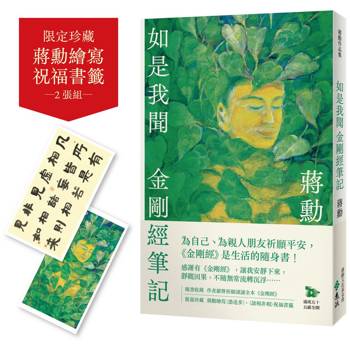"Turncoats" and "Diabolic Brainwashing" are among the headlines that met the 21 young American GIs who refused repatriation when the armistice was signed to end the Korean War (1950-53) and chose to go to Red China. Hollywood films such as The Manchurian Candidate (1962) didn’t help ease the frenzy over the perceived Communist diabolism either. For a long time no one knows what life behind the "Bamboo Curtain" was really like for those "21 Turncoats" who had turned their backs on their motherland.
Twin-Sun River tells the story of Pfc Simon Mackenzie who chooses to disappear in the heartland of China to chase his "Walden" or "Peach Orchard Outside the World" dream soon after the armistice was effected. There, in a small mountain village, Simon’s decision is tested over and again as he struggles to survive a big flood, the Great Leap Forward, the Famine, and finally, the Cultural Revolution and as he becomes enmeshed in the life of a Chinese family and their beautiful "widowed" daughter-in-law. Parallel to Simon’s journey is that of Jie Ding, a humanities professor who traverses the changing landscape of China during the summer of 2001 to accomplish an impossible mission while trying to exorcise his own demons: his marital problems and the haunting memories of the Cultural Revolution. The two journeys "crisscross" and finally converge on the Twin-Sun River glimmering under the early fall sky.| FindBook |
|
有 1 項符合
wingsasclouds press的圖書 |
 |
$ 538 | Twin-Sun River: An American POW in China
作者:Qi 出版社:Wingsasclouds Press 出版日期:2011-08-11 語言:英文 規格:平裝 / 254頁 / 21.59 x 13.97 x 1.47 cm / 普通級/ 初版  看圖書介紹 看圖書介紹
|
|
|
圖書介紹 - 資料來源:博客來 評分:
圖書名稱:Twin-Sun River: An American POW in China
|











